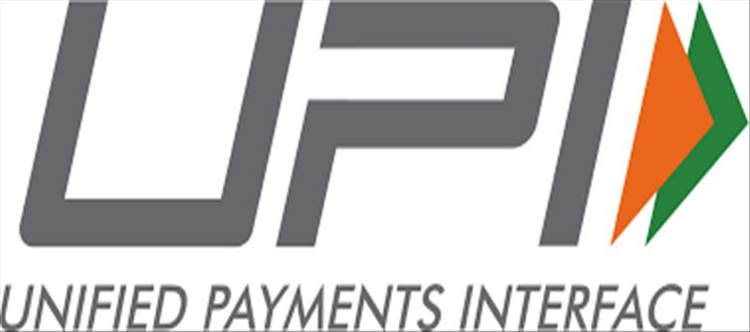
Unified Payments Interface (UPI), used for instant money transfers through mobile devices, has become the fastest growing payment system in the country. Since the introduction of this UPI system, the volume of wallet PLATFORM' target='_blank' title='digital-Latest Updates, Photos, Videos are a click away, CLICK NOW'>digital transactions in india has grown exponentially. To increase the reach of UPI payments, the bank OF INDIA' target='_blank' title='reserve bank of india-Latest Updates, Photos, Videos are a click away, CLICK NOW'>reserve bank of india (RBI) has today announced some measures and changes with effect from january 1, 2024. Notably, all may remember that National Payments Corporation of india (NPCI) has asked banks to deactivate payment apps like google Pay, Paytm, PhonePe and UPI IDs and numbers that have been inactive for more than a year.
According to NPCI, the daily payment limit for UPI transactions will now be a maximum of 1 lakh. However, it may be recalled that in order to expand the use of UPI payments, the RBI had raised the transaction limit for UPI payments to hospitals and educational institutions to 5 lakh on december 8, 2023. It has also been announced that from january 1, 2024, over 2,000 UPI transactions of certain merchants using prepaid payment instruments (PPIs) such as online wallets will also incur a 1.1 percent interchange fee.
At the same time to prevent the increasing incidence of online payment fraud, a four-hour time limit will apply every time a user initiates the first payment above 2,000 to another user with whom they have not transacted before. UPI members will soon be able to go live with the UPI 'Tap and Pay' functionality.
Additionally, RBI, in collaboration with Japanese company Hitachi, will now roll out UPI ATMs across india where you can scan a QR code to withdraw money from your bank account. Notably, Unified Payments Interface (UPI) is a real-time payment system in india that allows seamless, instant transactions between various banks using smartphones.




 click and follow Indiaherald WhatsApp channel
click and follow Indiaherald WhatsApp channel